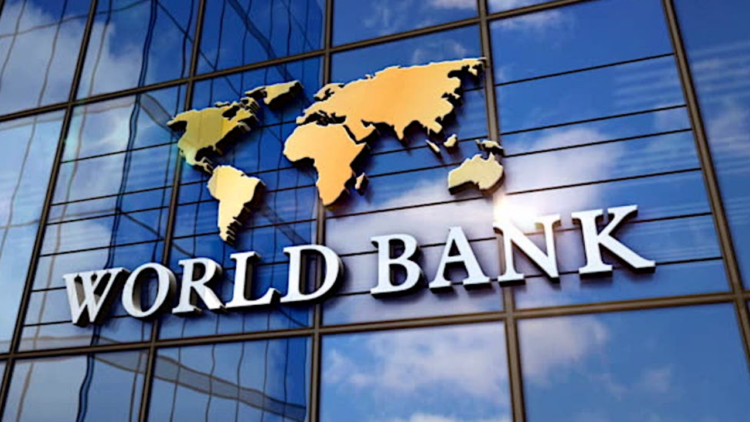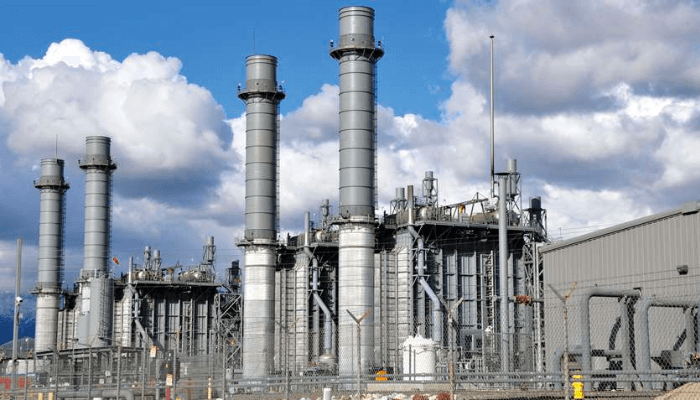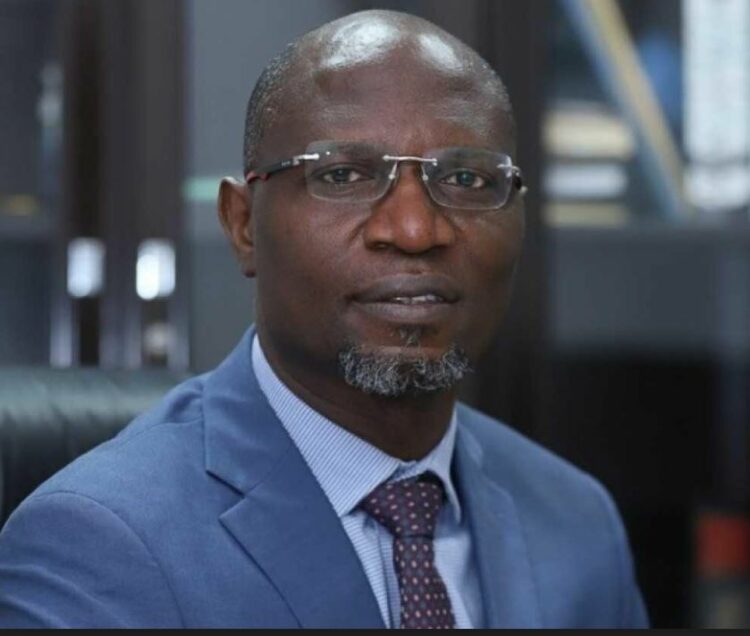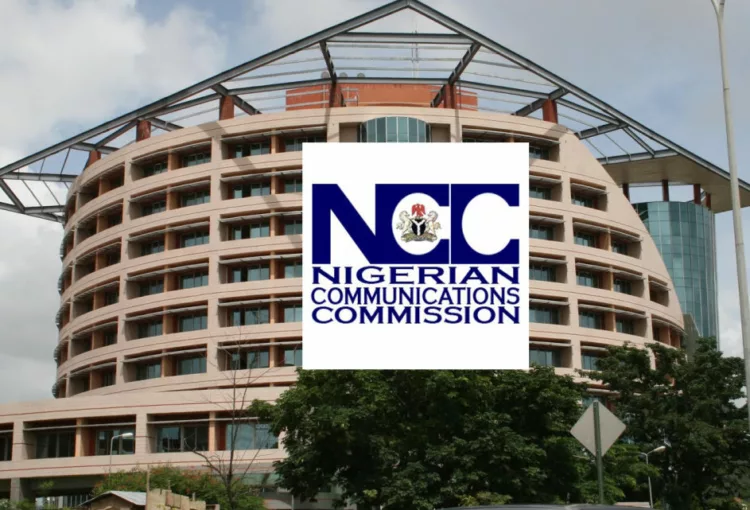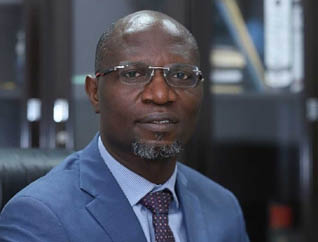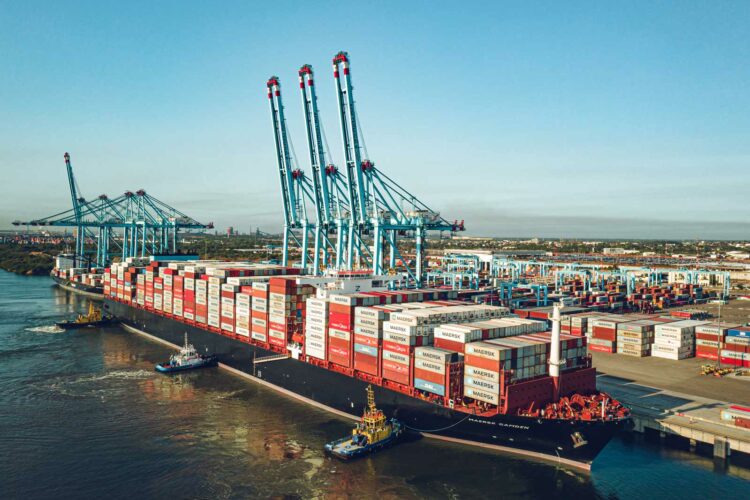Deal to boost Nigeria’s oil production in for 700,000bp
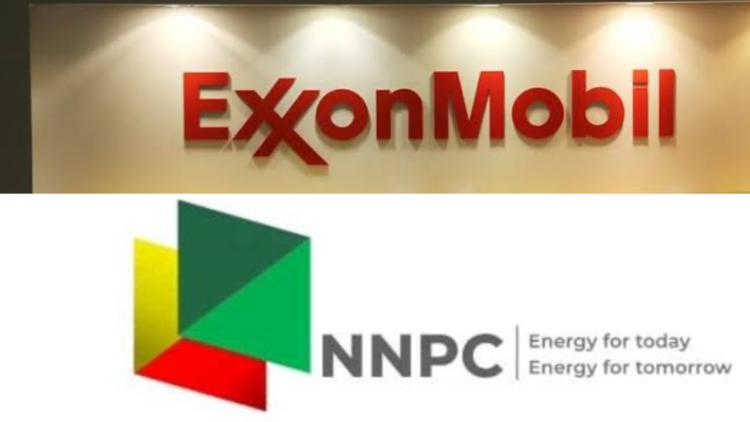
The Nigerian National Petroleum Company (NNPC) Limited has announced the signing of a settlement agreement facilitating the divestment of ExxonMobil’s stake in Mobil Producing Nigeria Unlimited (MPNU) to Seplat Energy Plc after
The $1.28 billion deal, first announced in February 2022, has been entangled in regulatory hurdles for over two years.
According to a statement released on Thursday by NNPC, the agreement involves MPNU, Mobil Development Nigeria Inc., and Mobil Exploration Nigeria Inc.
With the signing of the settlement agreement, Nigeria could add at least 700,000 barrels per day (bpd) to its current daily crude oil production volume, to hit about two million bpd before the end of the year.
“Settlement agreement between NNPC Ltd. and Mobil Producing Nigeria Unlimited, Mobil Development Nigeria Inc., and Mobil Exploration Nigeria Inc. signed regarding the proposed divestment of a 100 per cent interest in Mobil Producing Nigeria Unlimited to Seplat Energy Offshore Limited,” NNPC stated.
This development comes after a directive from President Bola Tinubu to the Ministry of State for Petroleum Resources (Oil) and NNPC on May 28 to resolve the divestment issue that had stalled the Seplat and ExxonMobil deal for over two years.
Tinubu had assured the ExxonMobil delegation that the federal government was committed to resolving the divestment issues between NNPC and Seplat Energy.
Minister of State for Petroleum Resources (Oil), Heineken Lokpobiri stated, “Mr. President has given a clear directive to the NNPC GCEO and I to resolve the issue of divestment, and we are doing whatever we can to achieve that.”
Lokpobiri had earlier revealed that Nigeria lost $34 billion in the last two and a half years due to the fall in production from the assets being divested by ExxonMobil to Seplat Energy, as assets declined from 600,000 barrels per day (bpd) to current 120,000bpd, leaving a shortfall of 480,000bpd, which he said amounted to $34 billion loss at a conservative $80 per barrels, in the last two and a half years.
In February 2022, Seplat announced an agreement to acquire ExxonMobil’s 40 per cent stake in MPNU, expecting the transaction to be completed in the second half of the year. However, on May 19, 2022, the Nigerian Upstream Petroleum Regulatory Commission (NUPRC) declined to approve Seplat’s proposed acquisition, citing “overriding national interest.”
Two months later, Seplat reported that NNPC had secured a court injunction preventing ExxonMobil from selling its assets in Nigeria. This opposition led former President Muhammadu Buhari to reverse his initial authorization for the acquisition on August 10, 2022, shortly after granting approval.
Amid the delay in securing approval, Seplat extended the share sale and purchase agreement (SSPA) with ExxonMobil for the acquisition of its stake in MPNU in May 2023. On May 17, Seplat indicated progress in acquiring MPNU assets, and a week later, the company extended the SSPA again.
This is as ExxonMobil is reducing its presence in Africa’s biggest oil-producing country, shrinking its office space and scaling back operations in the country.
Exxon has reportedly vacated its large office in Lagos, opting for a smaller, more centralised location. Similar downsizing is expected in other Nigerian cities where the company has a presence.
According to Reuters, Exxon is relocating staff from the 12-floor Mobil House, reportedly leased at the cost of $10 million annually, to a six-floor office building 22 kilometres away in the upscale Ikoyi area, built to accommodate half the personnel working at the former offices.
“The new office leaves no one in doubt about its future plans for Nigeria,” a staff member of the company told Reuters.
The exact number of employees affected by the office closures is unclear, but the move is likely to result in job losses and a smaller overall footprint for Exxon in the country.
ExxonMobil has been operating in Nigeria for over 50 years and is one of the largest oil producers in the country. The company’s scaling back is likely to have a significant impact on the Nigerian oil and gas sector, as well as the broader economy.
Industry analysts suggest that Exxon’s decision is part of a wider trend among international oil companies (IOCs) in Nigeria. Many IOCs are facing pressure to reduce costs and streamline operations, leading to a shift towards smaller, more efficient teams.
The long-term impact of Exxon’s downsizing on the Nigerian oil and gas sector remains to be seen. However, the move underscores the challenges facing the industry and the need for adaptation in the current economic climate.
Copied

